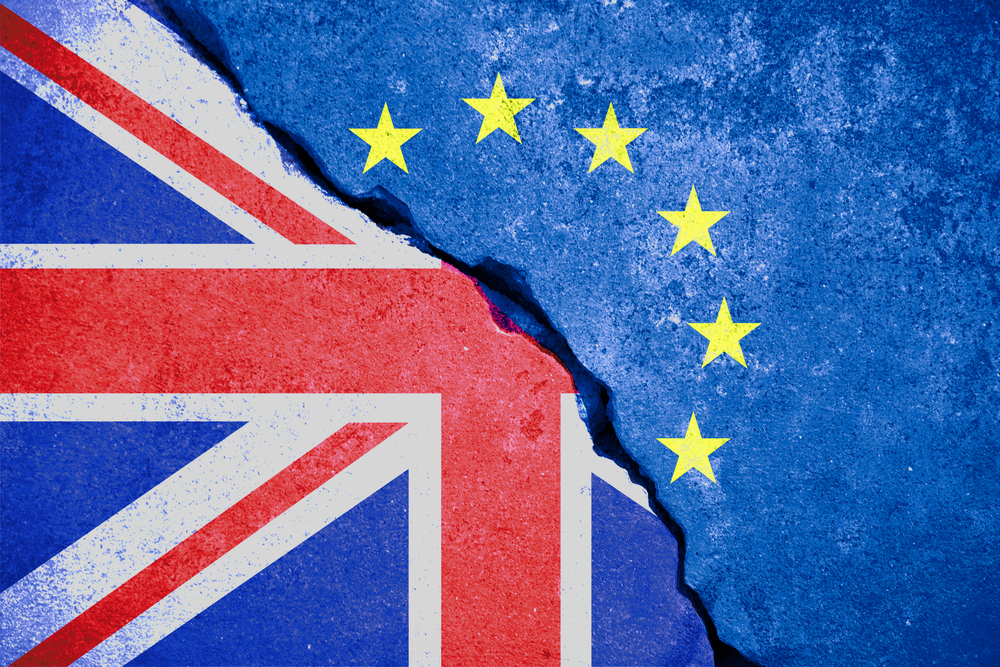 Average house prices dipped in England and Wales following the vote leave the EU, although it remains too early to make any judgements on how the property market will perform long term.
Average house prices dipped in England and Wales following the vote leave the EU, although it remains too early to make any judgements on how the property market will perform long term.
According to the latest Rightmove House Price Index, the average price of property fell 0.9% to £307,824 for the period from 12 June to 9 July.
While a holiday seasonal slowdown is not unusual at this time of year, the dip is slightly greater than the seasonal average price fall of 0.4%. Despite sales post-referendum being consistent with 2015, enquiries to agents from buyers were down by 16%, Rightmove said.
Rightmove said that while many estate agents had reported that business was returning to normal following the surprise result, it was too early to draw any medium or long-term conclusions.
Miles Shipside, Rightmove director and housing market analyst, said: “Perhaps unsurprisingly this July’s fall is marginally larger, as political turbulence has a track record of unsettling sentiment. Indeed last year saw a seasonally unusual 0.1% fall in the run up to the May election, and a June and July price surge as a result of the post-election boost. Average new seller asking prices were up by 3.1% over that two-month period.”
The biggest monthly fall was in Yorkshire and Humber, where prices dropped 2.1% to £174,614. The smallest fall was in the East Midlands, with prices down 0.2%. Average prices in London fell 1.2% to £635,710.
Mark Manning, director of Manning Stainton estate agents in Leeds, said: “The political soap opera that has played out following the historic vote to leave the EU combined with the obvious economic uncertainty should have, for all intents and purposes, spawned a significant alteration in the market.
“Up North all seems to be well with new listings in June showing a 7% increase on 2015 and a volume of sales which remained broadly similar to those in previous months.”
In contrast, a recent report from the Royal Institute of Chartered Surveyors predicts house sales will fall in the coming months following the Brexit vote, with surveyors more pessimistic than at any time since the 1990s.
RICS said that uncertainty fuelled by the EU referendum has resulted in house sales falling, with enquiries from buyers at their lowest since the financial crisis in 2008.
In the run-up to the referendum a study by the Treasury found that a Brexit vote could send house prices plummeting by up to 18%.
Jeremy Duncombe, director of Legal & General Mortgage Club, said: “Given the uncertainty that has followed the UK’s decision to leave the EU, it’s not surprising that house prices have decreased month-on-month for the first time in a while. We need however to look at the annual trend and not a month in isolation. House prices are still rising faster much than inflation over a 12-month period, and a slowing of this growth is not necessarily a bad thing.
“It’s clear that demand for property still exceeds the housing supply on offer, just as it did before the Referendum. The recent report from the House of Lords calling for 300,000 new homes to be built per year will provide some much-needed pressure in this area.”




